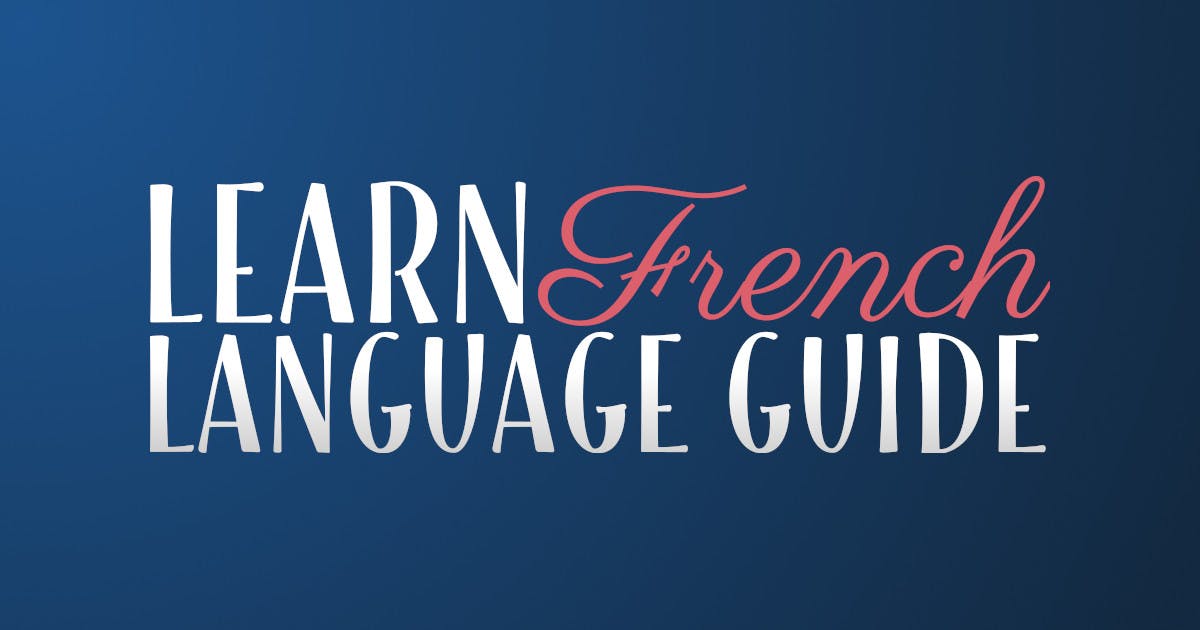French Phrases For Chatting On An Airplane
Airplane travel is fun, fast and convenient, and a perfect place to practice your French.
You also get to meet a lot of interesting people from all over the world.
Vous allez a Paris, madame?
You are going to Paris, Madam?
Oui, madame, nous allons a Paris pour voir mes parents.
Yes, Madam, we are going to Paris to see my parents.
Vos parents sont-ils francais?
Are your parents French?
Oui, madame, ils sont francais.
Yes, they are French.
Et vous, madame, etes-vous francaise?
And you, Madam, are you French?
Je suis nee Francaise, mais mon mari est anglais.
I was born a Frenchwoman, but my husband is English.
Vous parlez anglais comme une Anglaise.
You speak English like an Englishwoman.
Merci, madame, vous etes tres aimable.
Thank you, Madam, you are very kind.
It would seem to you here that the French like to capitalize exactly the opposite we do in the English language. When a title is used generally, it is not capitalized.
Merci, madame, vous etes tres aimable.
If you write to Madame Dupres, you capitalize Madame, but if you are referring to her, you do not. In English, we capitalize Madam.
In English, we capitalize nationalities; in French you do not: "ils sont francais".
However, if you are referring to an Englishman or a Frenchwoman, it is then capitalized, since it is the person you are speaking about, not their nationality.
"Je suis une Americaine", but "je suis americaine".
Practice translating the following:
My brother (frere) is French, his wife (femme) is English.
They have three children. Their children are charming (charmantes). They are half (moitie) French, half English.
J'aime bien voyager. Mais je n'aime pas les long voyages. Je prefer voyager en avion.
I like to travel. But I don't like long trips. I prefer to travel by plane.
Moi, je deteste voyager en avion. Ca me fait peur et c'est trop cher.
I hate traveling by plane. It scares me and it is too expensive.
The emphatic: In French, one frequently says "Moi, je." simply to indicate a converse idea.
Since you are saying "je", there would normally be no need to add "moi", but to emphasize, as in the above example, that you are of the opposite view, it is added.
J'adore les legumes.
I love vegetables.
Mon mari, lui, il ne les mange pas. Il ne mange que de la viande.
My husband does not eat them. He only eats meat.
Je suis americain.
I am American.
Toi, tu es francais, n'est-ce pas?
You're French, are you not?
Moi, j'aime voyager plus que tous mes amis.
I like to travel more than any of my friends.

SUBSCRIBE: